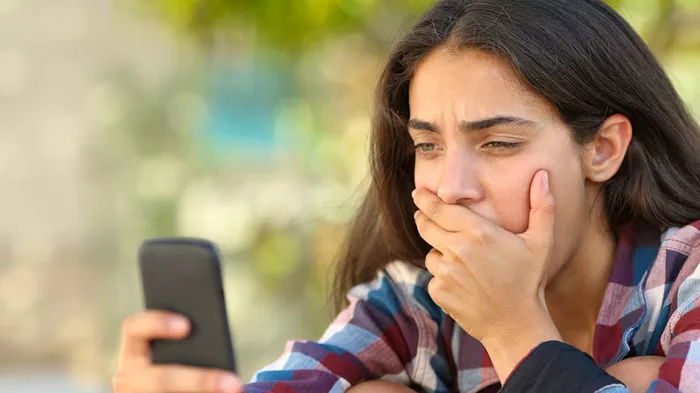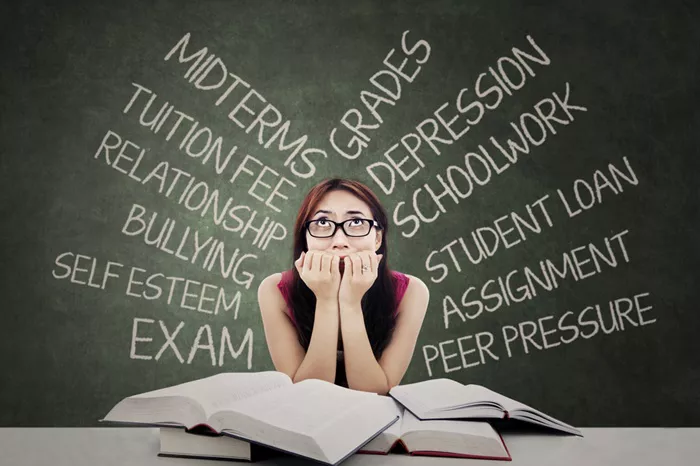In today’s digital age, social media has become an integral part of daily life, connecting people across the globe and offering platforms for self-expression and community building. However, the pervasive use of social media has raised concerns about its potential adverse effects on mental health, well-being, and societal interactions. This article delves into the consequences of excessive social media use, exploring its impact on various aspects of life and offering insights into managing and mitigating these effects.
Mental Health Implications
Increased Anxiety and Depression
One of the most significant concerns associated with excessive social media use is its potential impact on mental health. Research indicates a strong correlation between high social media usage and increased levels of anxiety and depression. Constant exposure to idealized images, unrealistic standards, and negative news can contribute to feelings of inadequacy and stress.
1. Comparisons and Self-Esteem: Social media platforms often present curated and idealized versions of people’s lives. Users may compare their own lives to these polished portrayals, leading to diminished self-esteem and heightened anxiety.
2. Cyberbullying and Harassment: The anonymity and distance provided by online interactions can sometimes lead to negative behaviors, such as cyberbullying and harassment. Victims of online abuse may experience significant psychological distress, contributing to feelings of depression and anxiety.
3. Fear of Missing Out (FOMO): Social media can exacerbate the fear of missing out, where individuals feel anxious about not participating in activities or events that others are experiencing. This constant comparison can lead to feelings of exclusion and unhappiness.
Addiction and Dependence
Excessive social media use can also lead to addiction-like behaviors, where individuals feel compelled to check their accounts frequently and experience withdrawal symptoms when unable to access their social media platforms.
1. Behavioral Patterns: Social media platforms are designed to be highly engaging, using algorithms to keep users hooked with continuous updates and notifications. This can create a cycle of compulsive checking and constant engagement.
2. Impact on Daily Life: The compulsive nature of social media use can interfere with daily responsibilities, such as work, school, and personal relationships. Individuals may prioritize online interactions over real-life obligations, leading to decreased productivity and social isolation.
See Also: How To Improve Your Mental Health As A Student?
Impact on Social Interactions
Shifts in Communication Styles
Excessive social media use can alter the way people communicate and interact with others. While social media provides a platform for connection, it can also impact the quality and depth of these interactions.
1. Superficial Connections: Online interactions often lack the depth and nuance of face-to-face communication. This can lead to more superficial relationships and a reduction in meaningful social connections.
2. Miscommunication and Conflict: The absence of non-verbal cues in online communication can lead to misunderstandings and conflicts. Written messages can be interpreted in various ways, increasing the potential for miscommunication and emotional distress.
Effects on Real-Life Relationships
Excessive social media use can strain personal relationships and family dynamics. The time spent online can detract from the time spent with loved ones, leading to potential issues in relationships.
1. Neglect of Real-Life Interactions: Individuals who spend significant time on social media may neglect in-person interactions with family and friends. This can lead to feelings of neglect and dissatisfaction in personal relationships.
2. Jealousy and Insecurity: Social media can sometimes foster jealousy and insecurity in relationships, particularly if one partner is perceived to be excessively engaged with online interactions or connections.
Cognitive and Developmental Effects
Attention and Focus
Excessive social media use can impact cognitive functions such as attention and focus. The constant bombardment of information and stimuli can contribute to reduced attention spans and difficulties in maintaining concentration.
1. Information Overload: The rapid flow of information on social media can lead to cognitive overload, where individuals struggle to process and retain information effectively.
2. Decreased Productivity: Reduced attention and focus can impact productivity in academic and professional settings. Individuals may find it challenging to complete tasks efficiently due to frequent distractions and interruptions.
Impact on Developmental Processes
For younger users, excessive social media use can impact developmental processes and self-identity formation. Adolescents and young adults are particularly vulnerable to the effects of social media on their development.
1. Self-Identity and Self-Esteem: Social media can influence the development of self-identity and self-esteem in young individuals. The constant exposure to external validation and feedback can shape self-perception and self-worth.
2. Social Skills Development: Excessive reliance on online interactions may hinder the development of essential social skills, such as empathy, active listening, and conflict resolution, which are crucial for healthy interpersonal relationships.
Physical Health Consequences
Sedentary Lifestyle
The sedentary nature of social media use can contribute to physical health issues, particularly when individuals spend long periods sitting while engaging with online platforms.
1. Increased Risk of Obesity: Prolonged periods of inactivity associated with excessive social media use can contribute to weight gain and an increased risk of obesity.
2. Musculoskeletal Problems: Extended use of electronic devices can lead to musculoskeletal issues, such as poor posture, back pain, and repetitive strain injuries.
Sleep Disturbances
Excessive social media use, especially before bedtime, can disrupt sleep patterns and negatively impact overall sleep quality.
1. Blue Light Exposure: The blue light emitted by screens can interfere with the production of melatonin, a hormone that regulates sleep. This can lead to difficulties falling asleep and poor sleep quality.
2. Sleep Disruption: The constant engagement with social media can lead to late-night browsing and disrupted sleep schedules, contributing to sleep deprivation and associated health issues.
Strategies for Managing Social Media Use
Setting Boundaries
Establishing clear boundaries for social media use can help mitigate its negative effects. Consider implementing the following strategies:
1. Designate Social Media-Free Times: Set specific times during the day when social media use is restricted, such as during meals, family time, or before bedtime.
2. Limit Screen Time: Use apps or device settings to monitor and limit the amount of time spent on social media platforms.
Promoting Healthy Habits
Adopting healthy habits can help balance social media use and promote overall well-being.
1. Engage in Offline Activities: Prioritize activities that do not involve screens, such as exercise, hobbies, and socializing with friends and family.
2. Practice Mindfulness: Incorporate mindfulness practices into daily routines to reduce stress and enhance awareness of social media usage.
Conclusion
While social media offers numerous benefits, its excessive use can lead to a range of negative consequences affecting mental health, social interactions, cognitive functions, and physical well-being. By understanding these effects and implementing strategies to manage social media use, individuals can create a healthier balance and foster a more positive relationship with digital platforms. Emphasizing mindful and intentional use of social media can contribute to overall well-being and improved quality of life.
[inline_related_posts title=”You Might Be Interested In” title_align=”left” style=”list” number=”6″ align=”none” ids=”3341,11137,10850″ by=”categories” orderby=”rand” order=”DESC” hide_thumb=”no” thumb_right=”no” views=”no” date=”yes” grid_columns=”2″ post_type=”” tax=””]

































